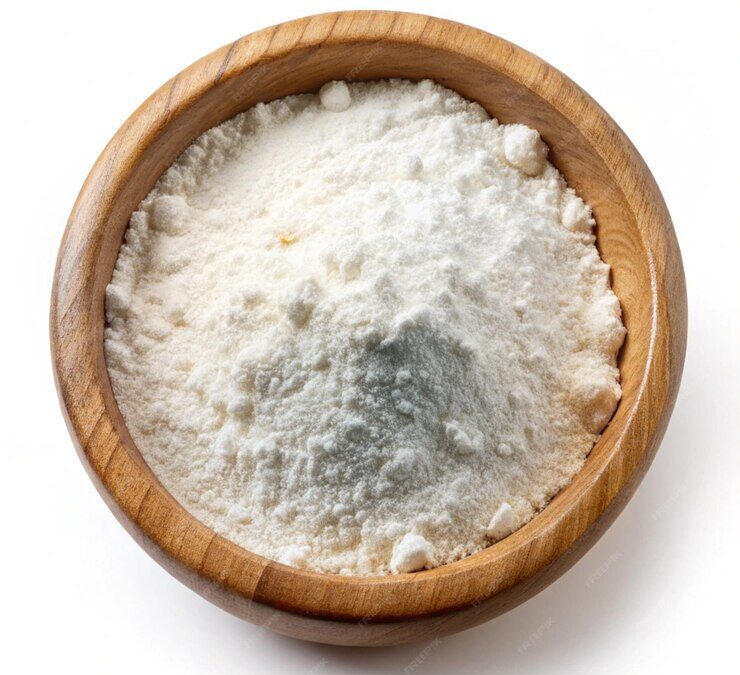Microcrystalline cellulose + Carboxymethyl cellulose sodium. Now at first glance these two chemicals might seem unrelated, but this is far from accurate. In fact, microcrystalline cellulose and carboxymethyl cellulose sodium are both commonly used as thickening agents, and they work quite well for producing a wide array of products.
Microcrystalline cellulose (MCC) and carboxymethyl cellulose sodium (CMC-Na) are two cellulose-based commercial additives. They are used in different applications and can be manufactured by either chemical or physical techniques. These additives, individually and combined, exhibit several properties such as high purity, narrow molecular weight distribution, high purity, hygroscopicity, plasticizer resistance, and also an advantageous pharmaceutical excipient.
Microcrystalline cellulose + Carboxymethyl cellulose sodium are important components in the production of tablets. These additives dissolve completely in the final preparation. Microcrystalline cellulose is chemically neutral and has a high viscosity when mixed with water, so it is also often used in combination with Carboxymethyl cellulose sodium which give better texture to the final products.
Microcrystalline cellulose + Carboxymethyl cellulose sodium are used as fillers, film-forming agents, flow control agents, binding agents, emulsion stabilizers, and wetting and dispersing agents in the cosmetic industry. The cellulose derivatives can be used in creams and lotions for dry skin and psoriasis, in hair care preparations for stimulating hair growth and regaining hair fiber strength, and in sun care products for UV protection.
Microcrystalline cellulose is a white, odorless, tasteless powder. It is the excipient used in the production of tablets and capsules. Microcrystalline cellulose is a very strong binder and has been shown to bind well with a wide range of different active ingredients. Microcrystalline cellulose is a naturally occurring substance that is made from wood pulp using a chemical process called hydrolysis.
Microcrystalline cellulose’s properties allow it to be added to oral dosage forms without altering their bioavailability. That means it does not have any negative effects on the drug being delivered from the formulation.
Carboxymethyl cellulose sodium is a cellulose derivative with carboxyl groups attached to some of its glucose units. It has a high water-binding capacity, which gives it good thickening properties in aqueous solutions. This type of cellulose derivative is used in cosmetics and personal care products as a thickener or gelling agent.

